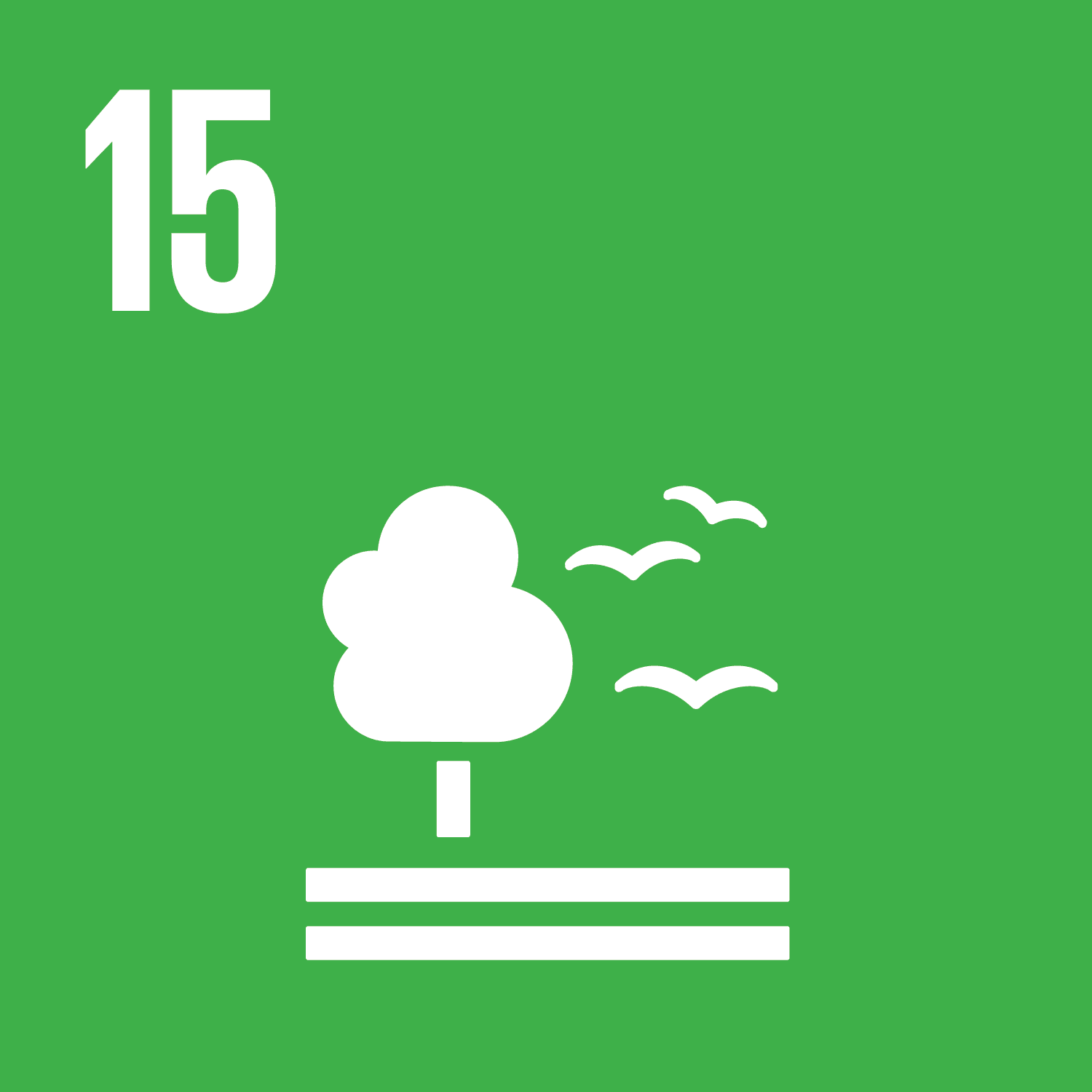In Lecta’s Responsible Purchasing Policy for Wood and forest-based products, we commit to purchase controlled and certified wood fiber to preserve the environment and the economic resources for families and local communities.
Lecta's policies are compulsory for all Lecta's activity centers and require the acquisition of only certified or controlled wood fiber.
A robust PEFC (Program for the Endorsement of Forest Certification) and FSC® (Forest Stewardship Council®) C011032 Chain of Custody system is implemented, guaranteeing traceable and responsible sourcing of wood and wood fiber.
Find out more about Pulp & Fiber: 2024 Sustainability Report
Pulp and wood certification
Baseline 2021
Purchased certified pulp
100%
Chain of custody controlled
100%
2021
(Baseline)
2023
2024
Purchased certified pulp
77%
88%
92%
Chain of custody controlled
100%
100%
100%
SDGs contribution
LIFE
ON LAND

